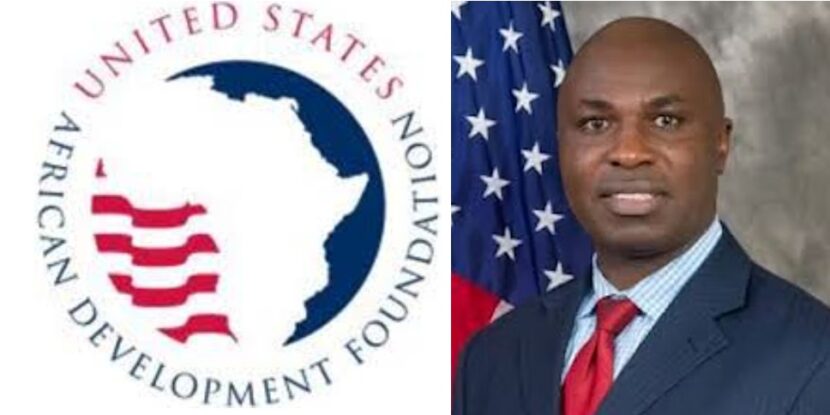The City of San Francisco is settling a taxpayer lawsuit brought by Judicial Watch regarding a guaranteed-income program preferencing “biological black and Latino men who identify as women” and funded through the public’s tax dollars. In a seven-to-three vote on Friday, the San Francisco City and County Board of Supervisors authorized a settlement agreement that ends the racially and transgender-identity-biased program, commits the city not to allow similar new programs, and pays $3,250 in attorney’s fees.
“This settlement is a huge victory for taxpayers who oppose taxpayer-funded woke racism and transgender extremism,” Judicial Watch’s President, Tom Fitton, told The National Pulse in a statement. He continued: “This settlement agreement puts a stop to the illegal use taxpayer money to hand out free cash to transgender individuals based on race and sex in blatant violation of California’s constitution.”
Consequently, the ordinance enacted by the Board of Supervisors and signed by San Francisco Mayor London Breed states: “The Settlement Agreement provides: (1) payment of $3,250 in attorney’s fees and costs; and (2) injunctive relief agreeing that the City will not continue the guaranteed income program that Paul Wildes and Reed Sandberg alleged to be unlawful beyond September 2024 and an agreement that the City will not create a new guaranteed income program with the same eligibility criteria.”
In January last year, Judicial Watch filed a lawsuit on behalf of San Francisco taxpayers against Mayor Breed, City Treasurer Jose Cisneros, the director of the city’s Office of Transgender Initiatives, and City Administrator Carmen Chu. Subsequently, the legal watchdog group charged that Mayor Breed’s 2022-initiated Guaranteed Income for Trans People (GIFT) program’s preference-based qualification criteria violated the Equal Protection Clause of the California Constitution. According to the Mayor’s Office, GIFT would “provide low-income transgender San Franciscans with $1,200 each month, up to 18 months to help address financial insecurity within trans communities.”




















